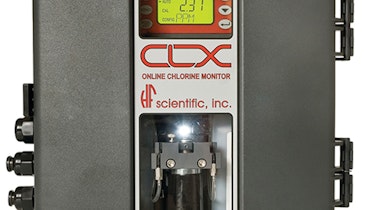In today’s economy, it can be hard for treatment plants to find qualified people. Finding the right people can be even harder.
Current thinking holds strongly that the best person for the job often is the one with the most education, the requisite skills and the most experience....





